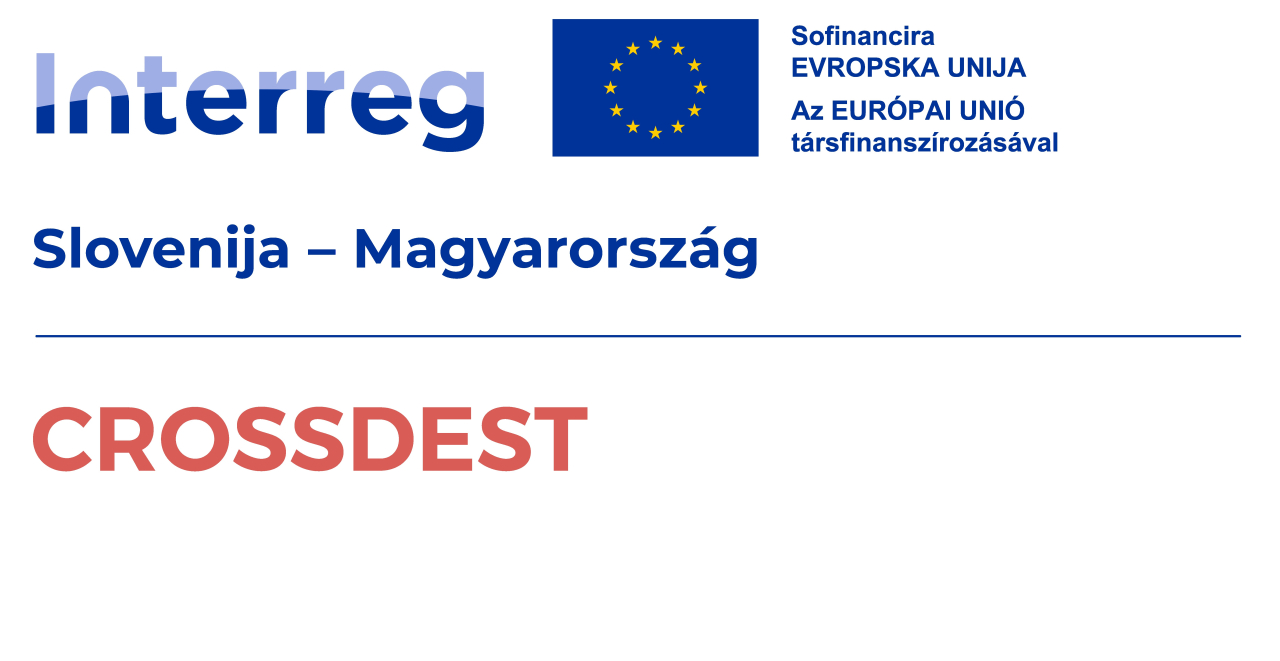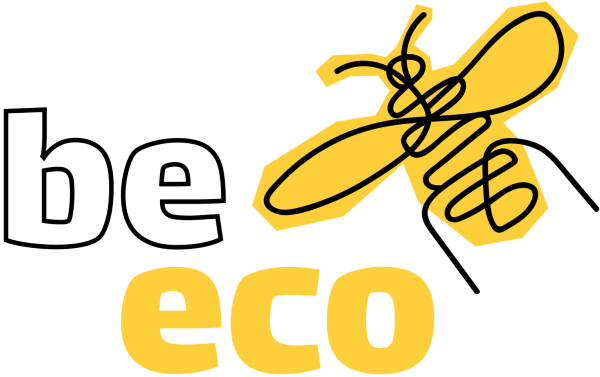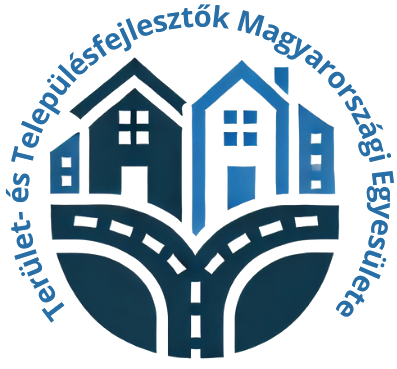-

-

Photo: Vist Hargita Facebook oldala
Farkaslaka
The birthplace of Áron Tamási in the heart of the Székely Salt Region Farkaslaka (in Romanian, Lupeni) is one of the most renowned Székely villages in Harghita County. It lies along the 13A main road connecting Praid to Odorheiu Secuiesc, in a picturesque hilly landscape. The village's popularity is not only due to its natural beauty but also its rich cultural heritage: it is the birthplace of Áron Tamási, one of the greatest writers embodying the Székely spirit. His gravesite, located in the local churchyard, remains a pilgrimage site to this day. The village is surrounded by dense forests, hillsides crisscrossed by streams, meadows, and orchards. Traditional Székely architecture is still alive here: travellers are greeted by carved gates, timber-framed houses, and porched courtyards. The locals' hospitality, homemade flavours, and handcrafted products – honey, jams, wood carvings, woven textiles – all contribute to an authentic rural experience. Farkaslaka is an ideal starting point for exploring the area: the nearby Praid salt mine, the world of Korond potters, and the cultural programmes of Odorheiu Secuiesc are all easily accessible. The village offers several small guesthouses and inns for visitors seeking peaceful, nature-centred relaxation, while the culinary experiences and exploration of Székely traditions are also appealing options. Those who visit Farkaslaka will discover not just a village but a living community that honours its past, preserves its traditions, and warmly welcomes all who arrive. - editorial content -
Getting there
- Walk
- Horseback
- Bike
- Electric bicycle
- Bus (rented for the trip)
- Bus (rented for the trip)
- Motorcycle
- Car
- Electric car
Arrival
- Walk
- Horseback
- Bike
- Electric bicycle
- Bus (rented for the trip)
- Motorcycle
- Car
Sights, programs
Public transport
- bus
Parking information
- Free outdoor parking available
Sustainability level
Topic 1: Destination Management 57%
- Visitor management: 60%
- Commitment and organization: 25%
- Design & development: 50%
- Monitoring and reporting: 50%
- Legal and ethical compliance: 100%
Topic 2: Nature and landscape 90%
- Nature and wildlife protection: 100%
- Nature and conservation: 80%
Topic 3: Environment and climate 39%
- Land use and pollution: 67%
- Water management: 40%
- Energy, sustainable mobility and climate change: 0%
- Adaptation to climate change: 50%
- Waste and recycling: 40%
Topic 4: Culture and traditions 100%
- Cultural heritage: 100%
- People and traditions: 100%
Topic 5: Social Welfare 61%
- Health and safety: 100%
- Local economy: 60%
- Socio-economic impacts: 0%
- Community participation: 75%
- Human dignity: 71%
Topic 6: Business and Communication 67%
- Business participation: 33%
- Information and marketing: 100%













